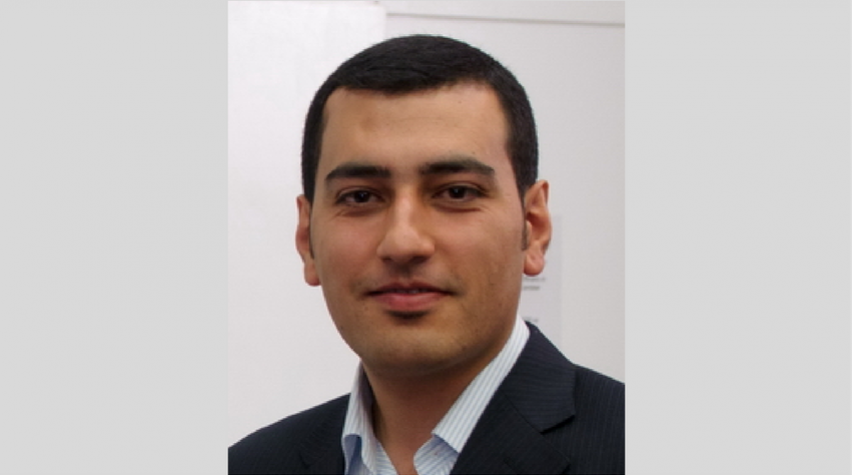
I recently caught up with Nima Yazdanpanah, research scientist at the Food and Drug Administration (FDA), and session chair of the upcoming 3D Printing Fundamentals and Applications at the 2017 AIChE Annual Meeting in Minneapolis, MN.
What is your role for the 2017 Annual Meeting in Minneapolis?
I currently serve as chair and co-chair for several sessions at the 2017 Annual Meeting in Minneapolis. I also hold a leadership role in organizing and planning sessions with the Pharmaceutical Discovery, Development and Manufacturing Forum; Separation Division; and Particle Technology Forum. I'm also helping to plan and organize a special session on 3D Printing Fundamentals and Application in Next-Gen Manufacturing. In addition, I have multiple talks and a poster for my own research projects, which I will be presenting during the Annual Meeting.
What was your inspiration for developing the 3D printing session? How has this new technology influenced your work life?
3D printing has been a groundbreaking innovation, opening doors to many complex innovative applications. This tool has proved capable of not just printing complex geometries, but also printing complex materials, such as a mixture of nanoparticles, protein, dye, fiber, polymer, and a hydrogel, with a wide range of new applications. The featured applications have been so fascinating, with some already in the manufacturing phase, like an aircraft, while some are still in the research stage, such as printing a functional human organ.
The 3D printing revolution is still in its beginning stages. There are fundamental challenges for printing materials (with various properties and printability), as well as challenges in the areas of geometry of design, printing machines and engineering challenges, and post printing. Meant for an audience beyond the AIChE’s normal attendees, invited speakers include a broad range of scientists, chemists, manufacturing engineers, chemical engineers, and materials scientists. My goal is to share the experiences and lessons learned through the journey of developing the methods and fundamental research (chemistry, physics, and engineering challenges), and to provoke thoughts for future innovative ideas.
3D printing influences two aspects of my work life. First, it serves as a powerful tool to make micro-reactors out of my desired material (silicon carbide), with the geometry (spiral) and size (micro) needed for a flow-chemistry process. This new unit operation will be able to perform challenging reactions in flow. Second, it serves as a manufacturing method for a final product, such as for the 3D printing of a medicinal tablet or the printing of drug-eluting stents for cardiovascular disease.
Personally, I’d like one day to wear my 3D-printed shoes and eat my 3D-printed burger with 3D printed cutlery!
What are you hoping attendees will learn from your event?
First, I have asked the presenters to talk about both their unsuccessful and successful efforts. I believe failure stories carry great learning value for scientists and developers. I’d like to facilitate discussions on the lessons learned that go beyond the success stories.
I also encourage the attendees to throw out wild ideas, ask challenging questions, and fuel intense discussions. I hope they will have a fun experience with immersion thinking, fantasizing about their own applications, and sparking new thoughts and creative new ideas.
The topics cover fundamentals and applications in 3D printing. The talks include different aspects of 3D printing, from material selection and design to niche applications. The attendees will learn how chemists try to answer fundamental challenges of combining unconventional materials to make a new type of “ink,” how 3D printing has been incorporated in the pharmaceutical industry for manufacturing a final product, what future manufacturing will look like, and how 3D printing will create tools for regenerative medical implants.
Disclaimer: The views expressed in this interview are those of the speaker and not those of the Food and Drug Administration.
Click here to learn more about this event.
Join the conversation on Twitter and Facebook | #AIChEAnnual.
Nima Yazdanpanah
Nima Yazdanpanah is a research scientist at the US Food and Drug Administration. His research area covers advanced manufacturing and emerging technologies for modernizing the pharmaceutical industry. Read more.


